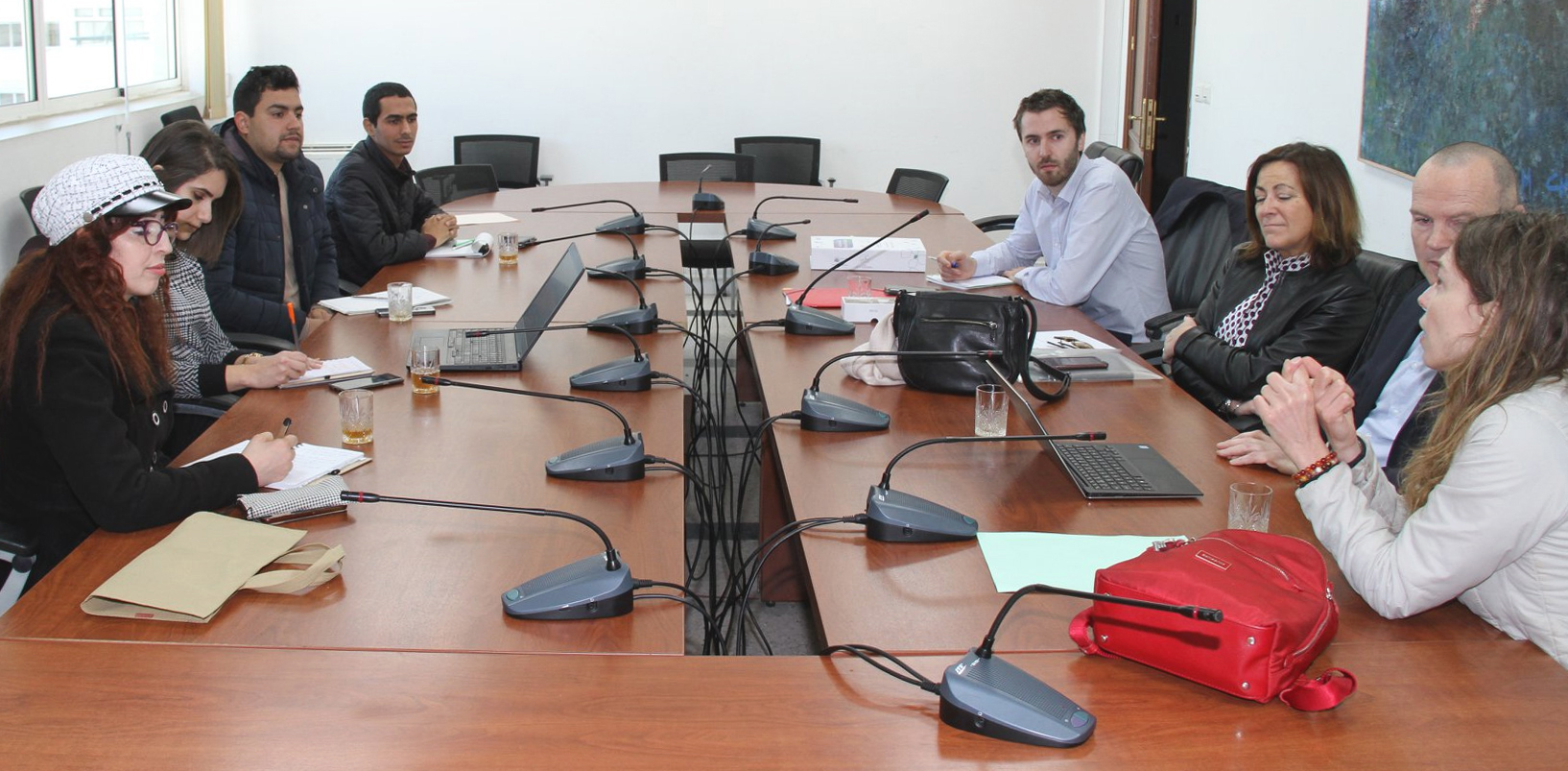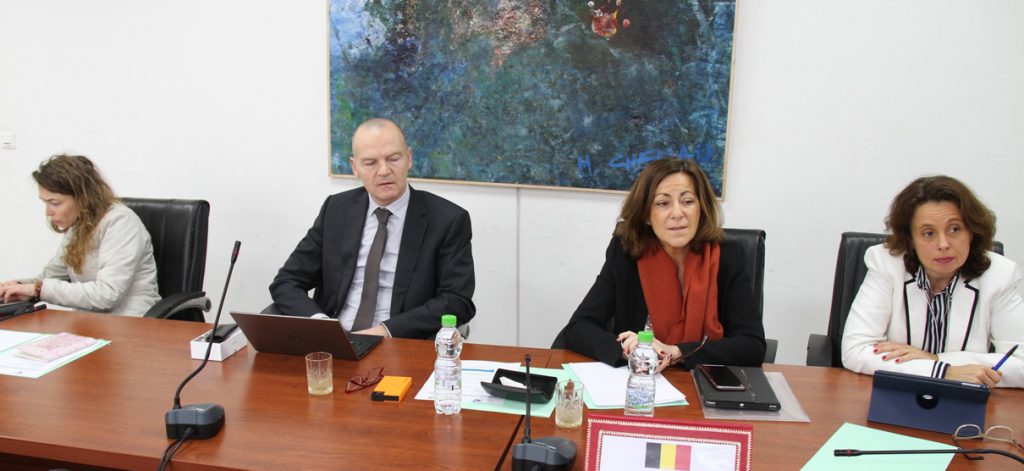Mission of the Brussels-Capital Region to the Region of Rabat-Salé-Kénitra
In February 2020, Anne Claes, the Director General of Brussels International, led a cooperation mission to the Region of Rabat-Salé-Kénitra (RRSK), which focused on three strands of action: the inclusion of people with disabilities, the establishment of a regional observatory and intercultural exchanges.
To achieve the objectives of this mission, the representatives of the Brussels-Capital Region (BCR) were able to rely on the support and expertise of a representative of the Brussels schools in the context of intercultural exchanges, on the one hand, and the Brussels Regional Informatics Centre (BRIC) and perspective.brussels for the establishment of a regional observatory, on the other hand.
Working together to promote the inclusion of people with disabilities
The continued cooperation with the Moroccan authorities to promote the inclusion of people with disabilities was discussed in partnership with the Brussels-based NGO Le 8ème Jour and the Centre National Mohammed VI des Handicapés. Three priorities were retained: the translation and dissemination of the United Nations Convention on the Rights of Persons with Disabilities in sign language for the deaf and the hard of hearing; the exchange of good practices on autism; training and exchanges regarding workshops for the social and professional integration of people with disabilities.
Establishing a regional observatory
In June 2018, the BCR, which has substantial experience in this area, committed to help the RRSK set up a regional observatory. The first phase – the elaboration -, which consisted of training the project team, defining the missions, the tools and the required resources, has since ended. The experts of the BRIC and perspective.brussels now initiated the second phase – the launch – which focuses on stopping the rural exodus in the RRSK.
Strengthening cultural exchanges between young people
The mission was also a good opportunity to establish a solid foundation for a new scheme for intercultural exchanges. Every year, these exchanges, which are jointly organised by the BCR and the RRSK, give 24 youngsters a chance to discover another culture, and its traditions and quality of life, in a spirit of tolerance and respect.




